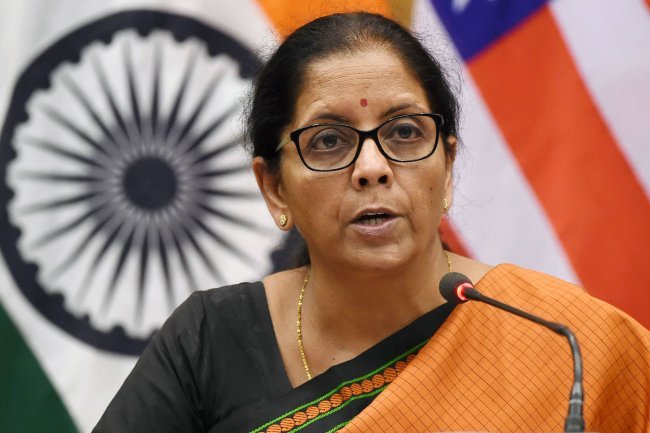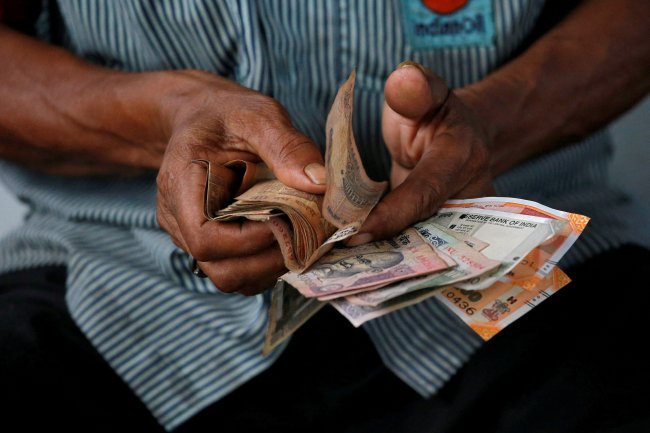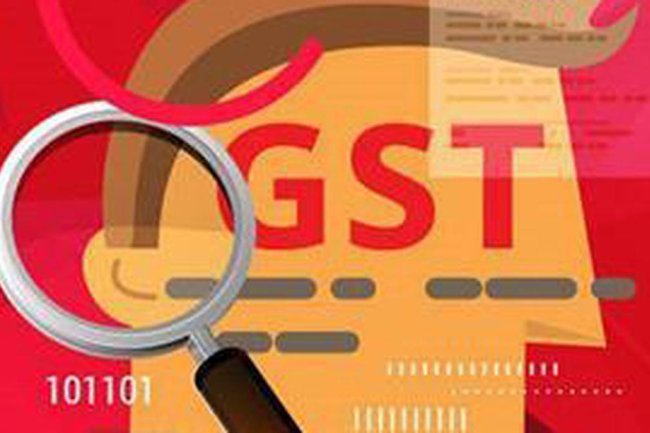Rising Defaults in Unsecured Loans Pressure Banks to Scale Back Personal Lending Amid Economic Concerns
Banks are facing rising defaults in unsecured loans, prompting caution in personal lending. With NPAs on the rise, private lenders like ICICI Bank, Yes Bank, and Bajaj Finance are tightening credit policies and scaling back personal loans amid economic risks.

Rising Defaults in Unsecured Loans Pressure Banks to Scale Back Personal Lending Amid Economic Concerns
Banks and non-banking financial companies (NBFCs) are grappling with rising defaults in unsecured loans, posing a renewed challenge to private sector lenders such as ICICI Bank, Axis Bank, Yes Bank, Kotak Mahindra Bank, and Bajaj Finance. A significant proportion of new retail slippages are now linked to unsecured portfolios, raising concerns about potential impacts on the broader lending landscape. Private lenders, many of whom reported a multi-year low in non-performing assets (NPAs) of 2.8% at the end of March, are now seeing early signs of strain as delinquencies in unsecured loans increase, particularly in credit cards and personal loans.
Unsecured loans, by nature, lack collateral, making them more susceptible to becoming non-performing assets. Slippages, which represent the decline in the quality of a standard loan, have reportedly surged in the past few quarters, driven in part by rising interest rates. For instance, ICICI Bank, where unsecured loans constitute around 14% of the loan portfolio, reported a marked deceleration in personal loan growth—from 40% last year to roughly 17% this year—as it cautiously navigates the uptick in defaults. Sandeep Bakhshi, CEO and MD of ICICI Bank, highlighted this during the earnings call, pointing out that personal and credit card loans continue to see increased NPA formation.
Yes Bank noted that more than one-third of its fresh retail slippages in Q2 FY25 stemmed from unsecured portfolios, totaling Rs 1,179 crore. Prashant Kumar, CEO of Yes Bank, cited unsecured loans as a significant contributor to the bank's retail slippage figures, reflecting a pattern seen across other major private lenders.
Kotak Mahindra Bank has also reported a rise in slippages, with 30-35% linked to its credit card business. In the second quarter of this fiscal year, fresh slippages increased to Rs 1,875 crore, up from Rs 1,314 crore in the corresponding period last year. CEO Amitabh Chaudhry noted a worsening of asset quality across various unsecured segments.
Analysts attribute the spike in defaults to a series of repo rate hikes by the Reserve Bank of India (RBI), which raised rates by 250 basis points between May 2022 and February 2023, escalating the cost of funds and compelling lenders to increase lending rates. Borrowers who took multiple personal loans are facing heightened repayment challenges, with Bajaj Finance CEO Rajeev Jain observing a higher default risk among individuals holding three or more unsecured loans. In response, Bajaj Finance has begun tightening lending criteria, implementing stricter underwriting standards for customers with multiple active loans.
The RBI has expressed concerns over the rapid expansion of personal loan portfolios. Governor Shaktikanta Das urged banks to exercise caution, particularly as private lenders had accelerated their personal loan growth by 40-60% over the past year. As defaults rise, banks are beginning to temper personal loan growth, acknowledging both regulatory caution and the economic risks tied to unbridled personal lending.
Click Here to Visit
What's Your Reaction?
















